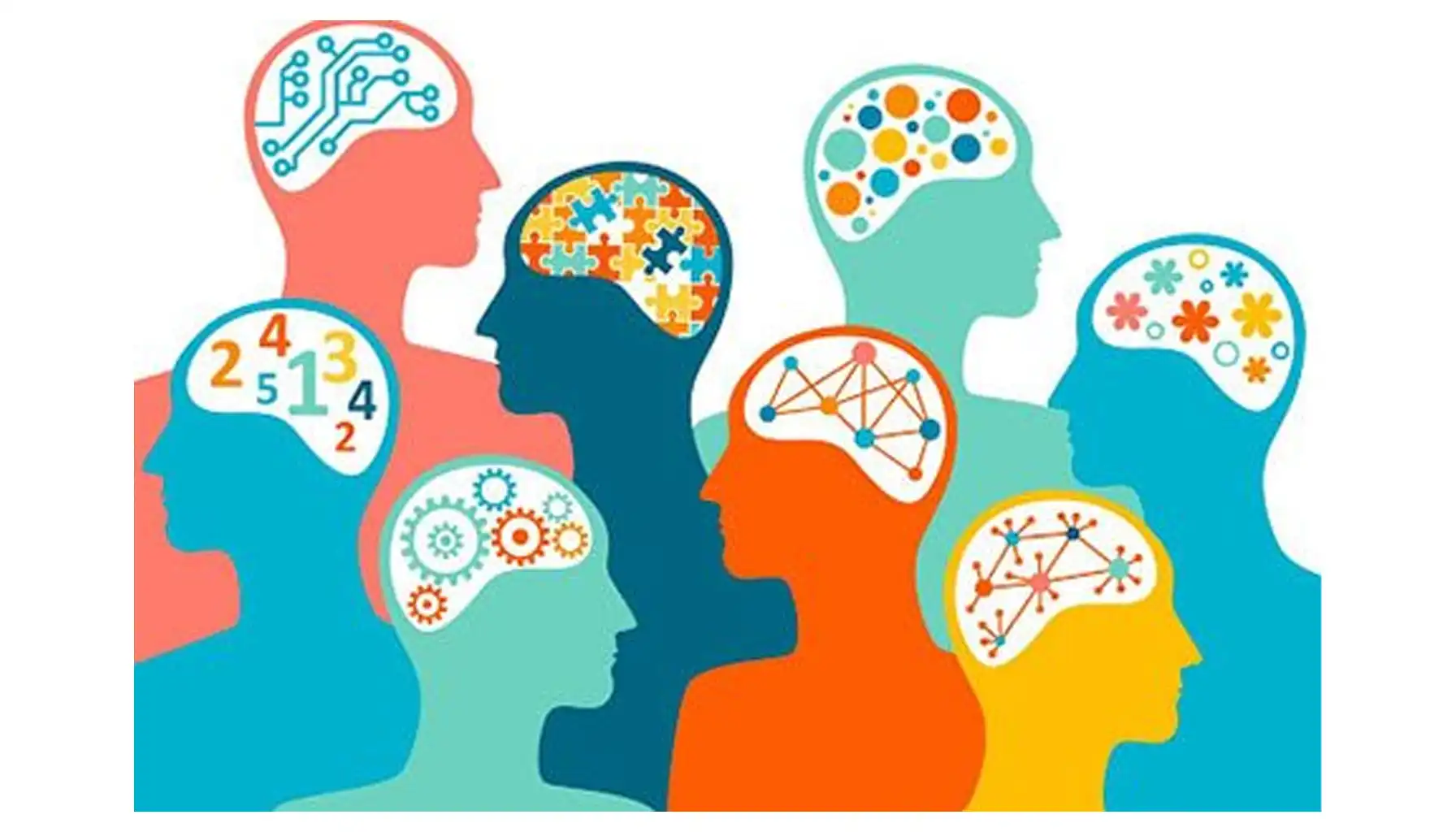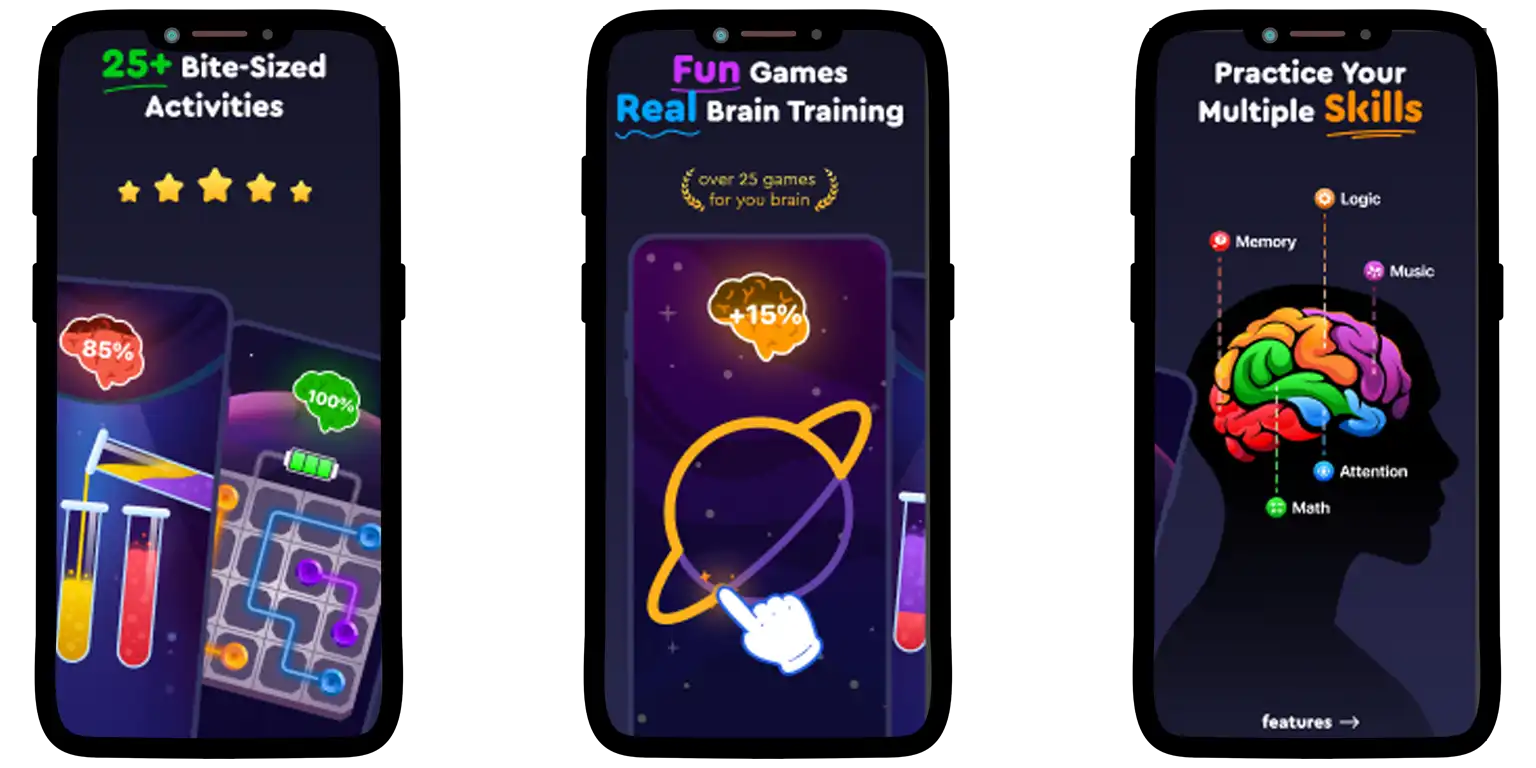Average IQ Scores by Age: What Is Normal, High, or Low?

Contents:
- Basics Come First: What Is IQ, and How Is It Measured?
- Controversies Over IQ Testing
- What Is Considered a Normal, High, or Low IQ?
- IQ Average Scores Chart by Age
- Does Age Affect IQ?
- Factors That Influence IQ Scores
- The Flynn Effect: Are We Getting Any Smarter?
- By the Way, Can You Improve Your IQ?
- Mind Elevate Related Posts:
Intelligence can be measured – or at least, that is what many modern researchers believe. Decades ago, opinions on this matter were just as controversial as they are today, yet the psychometrics provided a few structured ways to quantify how intelligent a psychologypsychologyhuman (originally, a little one) is. This is how the concept of IQ emerged, leaving millions of people curious about their own intelligence and competing with other individuals to be named the cleverest.
In many countries, IQ serves as a quick, though imperfect, indicator of intellectual potential. But what does the number under the IQ figure really represent? What is the average IQ in the world, and could daily brain training games improve your real intelligence after all?

Basics Come First: What Is IQ, and How Is It Measured?
IQ, i.e., an acronym for the German term Intelligenz-Quotient, is a numerical representation of one's cognitive abilities when compared to the general population. Behind this score is a simple formula: the test taker’s mental age is divided by their chronological age, and the resulting quotient is multiplied by 100. However, this mainly works for children, which was the test’s original target group.
The origins of the test trace back to 1904, when the French government commissioned psychologist Alfred Binet to help them identify students who might struggle in school and establish a plan to support them appropriately. Having been assisted by his colleague, Théodore Simon, Binet developed a test that assessed attention, memory, and problem-solving. This is how the first standardized tool for “measuring general intelligence” (what psychologists often refer to as “g”) was born.
Different Kinds of Intelligence
Today, scientists argue whether the concept of THEN intelligence was perceived correctly. Cognitive capacity is indeed sophisticated. People may exhibit different types of brain power operating, which depends on the task, the emotional state, and their unique cognitive profile, not to mention.
As Thomas J. Hally notes in "A Brief History of IQ Tests", this may come down to verbal, spatial, conceptual, mathematical, or pattern-based thinking, as well as logical or linear reasoning, divergent thinking, lateral approaches, or even inspirational insight.

How Is IQ Measured?
Since the beginning of the 20th century, physiologists have developed numerous tests to assess the intelligence of different age groups (even though this might be not as illustrative as other forms of cognitive activities taken). Anyway, here are a few of the most widely used and notable scales used to estimate how intelligent a person is:
Stanford-Binet Intelligence Scale: A long-standing tool that assesses reasoning, knowledge, visual-spatial processing, and memory of minor groups.
WAIS (Wechsler Adult Intelligence Scale): Common in educational and clinical settings, with both verbal and performance-based components.
Raven’s Progressive Matrices: A non-verbal test measuring abstract reasoning and pattern completion.
High-range IQ tests: The tests that are built for people at the extreme high end of the intelligence spectrum (e.g., the Nemesis Test).
However diverse the tests may be, they all provide the result on the scale from approximately 40 to 180+, with 100 representing the statistical average for all age groups.
Controversies Over IQ Testing
Although examinations that check one's cognitive abilities are rather popular, their history is full of conspiracies and controversial moments that cannot be rationalized from a modern perspective.
One of the darkest chapters in testing history occurred during and after World War I, when the US Army introduced the Army Alpha and Beta tests to screen military recruits. These assessments were later misused by immigration authorities who checked non-English-speaking immigrants with the use of tests carried out in English. As a result, thousands were unfairly labeled “unfit” and denied entry to the US.

What Is Considered a Normal, High, or Low IQ?
As stated above, IQ is based on a standardized scale with the average set at approximately 100. To be more precise, most people score within one standard deviation* (i.e., 15 points) of the mean, which falls between 85 and 115. This is the most common categorization of the results received after examination:
General Score Ranges | |
130 and above | Very superior (gifted) |
120–129 | Superior |
110–119 | High average |
90–109 | Average |
80–89 | Low average |
70–79 | Borderline |
Below 70 | Extremely low |
*Standard deviation is a statistical term that describes how spread out the numbers in a data set are. As for the examination of cognitive skills, a standard deviation of 15 points means that most people (about 68% of the population) score within 15 points above or below the average score of 100.
IQ Average Scores Chart by Age
Although the average human IQ is usually found somewhere at 100 across all age groups, this might also depend on numerous external factors, including the developmental stage, living conditions, testing environment, the specific version of the test used, and the like. Besides, such examinations reveal different dimensions of intelligence, i.e., processing speed, general knowledge, mental flexibility, etc.
This is how the average IQ by age looks like:
Age Group | Average IQ Score |
2-4 years | 90-110 |
5-7 years | 90-110 |
8-10 years | 95-115 |
11-13 years | 95-115 |
14-16 years | 100-115 |
17-19 years | 105-115 |
20-29 years | 100-110 |
30-39 years | 95-105 |
40-49 years | 95-105 |
50-59 years | 90-100 |
60-69 years | 85-100 |
70+ years | 80-100 |
Does Age Affect IQ?
Notwithstanding the fact that IQ scores are generally adjusted for age and have been originally meant to describe the results of the minors, cognitive functions might fluctuate over time. In childhood and adolescence, for example, scores usually grow large, for cognitive functions develop at a rapid speed. When a person becomes older, their results remain steady, though fluid intelligence (=abstract reasoning or mental flexibility) may be gradually declining.
All in all, age does not really affect one's intelligence, but it definitely influences how it is expressed.
Factors That Influence IQ Scores
People are not made equal, however disappointing this may sound. In fact, there exist thousands of reasons why IQ may be different. These refer to biological, environmental, situational, and cultural factors that constitute the foundation for one to evolve:
Genetics: Inherited traits, which are passed through generations, play a significant role in the cognitive potential of a human.
Education: Access to learning opportunities is strongly connected to intellectual growth.
Nutrition: Brain development cannot be considered outside of early and ongoing nutritional health.
Socioeconomic status: Environment, stimulation, and access to resources do matter.
Mood and current emotional state: When taking an IQ test, anxiety, stress, or low motivation may impair focus, memory, and processing speed (we all went through such conditions, sad to say).
Test conditions: External factors are also of high importance (these include noise, time pressure, or fatigue).
Health status: Finally, these might be physical or mental health issues that temporarily or permanently influence cognitive functioning.
Important! Despite being debatable, extensive research proves that gender does not significantly affect overall IQ scores. Indeed, men and women may show their own strengths in different cognitive areas, but their averages in IQ scores remain statistically equal.

The Flynn Effect: Are We Getting Any Smarter?
When referring to the average IQ in the USA or other countries, it is vital to acknowledge the Flynn Effect term, which denotes the consistent rise in the average IQ score across generations. This phenomenon, which was well described (and, in fact, coined) by Richard Herrnstein and Charles Murray in the book "The Bell Curve", presupposes that people today tend to score higher on the same tests than people did decades ago.
This can be justified by a number of reasons, e.g., education, nutrition, better healthcare, and the increasing speed of life in general. Nevertheless, as the latest studies suggest, this tendency is slowing down, raising new questions about what may truly affect cognitive skills and whether the methods of measuring them are indeed appropriate.
By the Way, Can You Improve Your IQ?
Those who have taken the test at least once may speculate on the opportunity to boost the results with proper training and targeted mental exercises. Yes, IQ cannot be easily altered, but improving your skills for a better, more fulfilled life is vital anyway. But what if you do not have much time and concentration, but the desire to prosper? Here is a smart solution – Mind Elevate.
This application offers a daily practice full of engaging brain-training games that target different sides of your intelligence, no matter how old you are and how much time you have to exercise. They improve:
Memory retention
Attention and concentration
Logical reasoning
Math fluency
Musical perception
Each game is a thoughtfully designed challenge that keeps your brain fit and teaches it to think faster, remember more, and focus better. Practice makes perfect – only 10-15 minutes may keep your mind ready to delve into new activities with pleasure and confidence.

Intelligence is a complex concept that has been created by humankind, but is still applied to anyone who may THINK. Although those figures are casually utilized and asked for on a daily basis, the slightest deviations from the standard average do not matter. Remember that IQ is not always about how smart you are, how well you feel, how clearly you think, and how effectively you can apply your mind in the moment.
The smartest thing you can do is never give up learning. Good luck!





